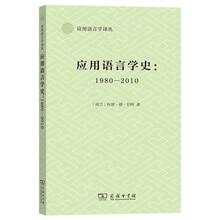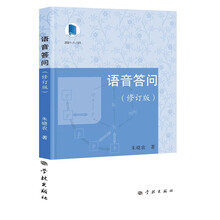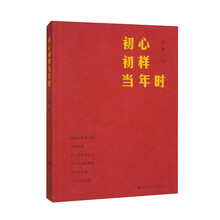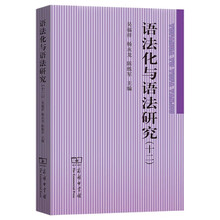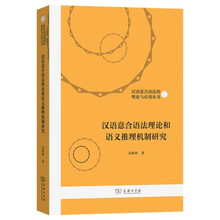目录
1 Introduction
1.1 Introduction
1.2 Objectives
1.3 Research Questions
1.4 Methodology
1.5 Organization
2 Literature Review
2.1 Introduction
2.2 Theoretical Review
2.2.1 Speech Act Theory
2.2.2 Politeness Theory
2.2.3 Variation Theory
2.3 Review of Empirical Studies
2.3.1 Previous Work on Compliments
2.3.2 Previous Work on Compliment Responses
3 Methodology
3.1 Introduction
3.2 The Field Work
3.2.1 Data Collection
3.2.2 Participants
3.2.3 Task
3.3 The Lab Work
3.3.1 Coding Scheme for Compliments
3.3.2 Coding Scheme for Compliment Responses
3.3.3 Coding Scheme for Sociolinguistic Factors
3.3.4 Inter-rater Reliability Study
3.4 Data Analysis
4 Findings
4.1 Introduction
4.2 Compliments
4.2.1 Topics of Compliments
4.2.2 Gender of Complimenters and Receivers
4.2.3 Personal Focus of Compliments
4.2.4 Social Status of Complimenters and Receivers
4.3 Compliment Responses
4.3.1 Distributional Analysis
4.3.2 Multivariate Analysis
5 Discussion
5.1 Introduction
5.2 Macro and Micro Level Compliment Responses
5.3 Politeness Theory
5.4 Language Contact Theory
5.5 Variation Theory
6 Conclusion
6.1 Introduction
6.2 Findings
6.3 Implications
6.4 Limitations and Suggestions
Appendices
Appendix Ⅰ Record of the Complement Event Data
Appendix Ⅱ Figure o{ Chinese Social Class Hierarchy
Appendix Ⅲ Samples of Coding Strings o{ Compliment Responses
Bibliography
内容摘要
《汉语恭维回应语的社会语言学研究:拉波夫的语言变异观》以社会语言学的变异观和和语用学礼貌理论为基础,采用拉波夫范式的社会语言学研究方法,通过参与观察法收集了上海言语社区1190对恭维语及恭维回应语自然语料,运用定量研究中的多元回归分析法探讨了不同语境因素对汉语恭维回应语的影响。
《汉语恭维回应语的社会语言学研究:拉波夫的语言变异观》可供从事社会语言学、语用学、英汉语言对比、语料库语言学及对外汉语教学等相关领域研究的专业人士,包括英语教师、研究生和英语专业的学生等参考使用。
《汉语恭维回应语的社会语言学研究:拉波夫的语言变异观》的内容对汉语作为外语的教学也具有一定的启示,从而帮助汉语学习者更好地掌握汉语恭维语这一言语行为。


